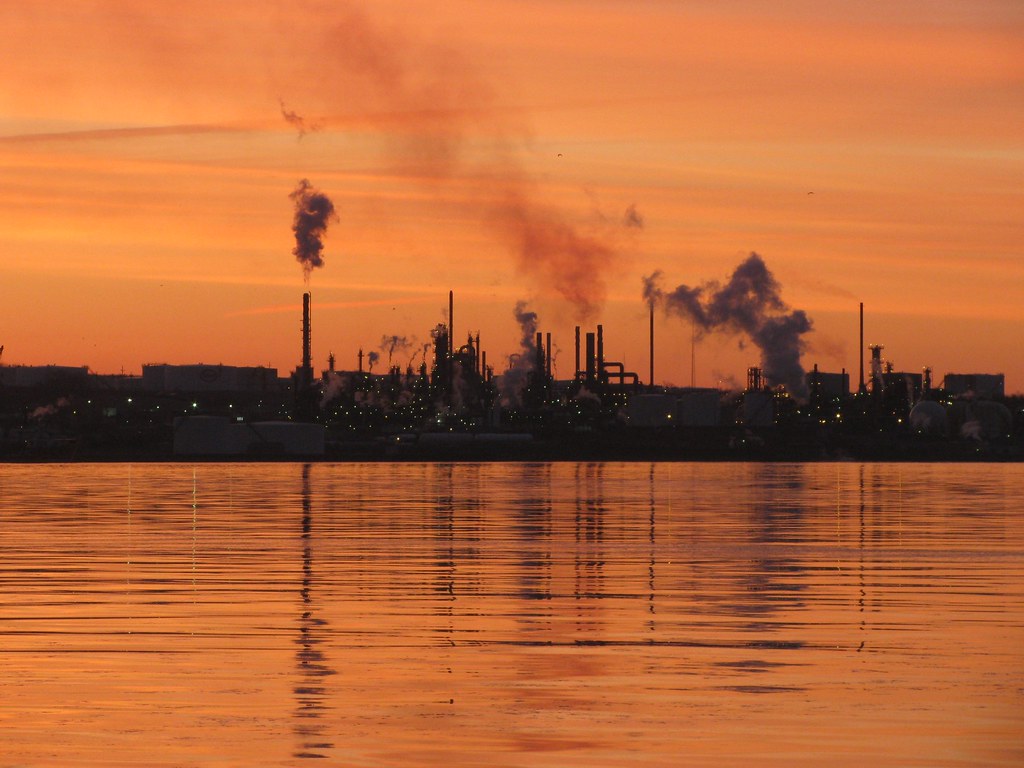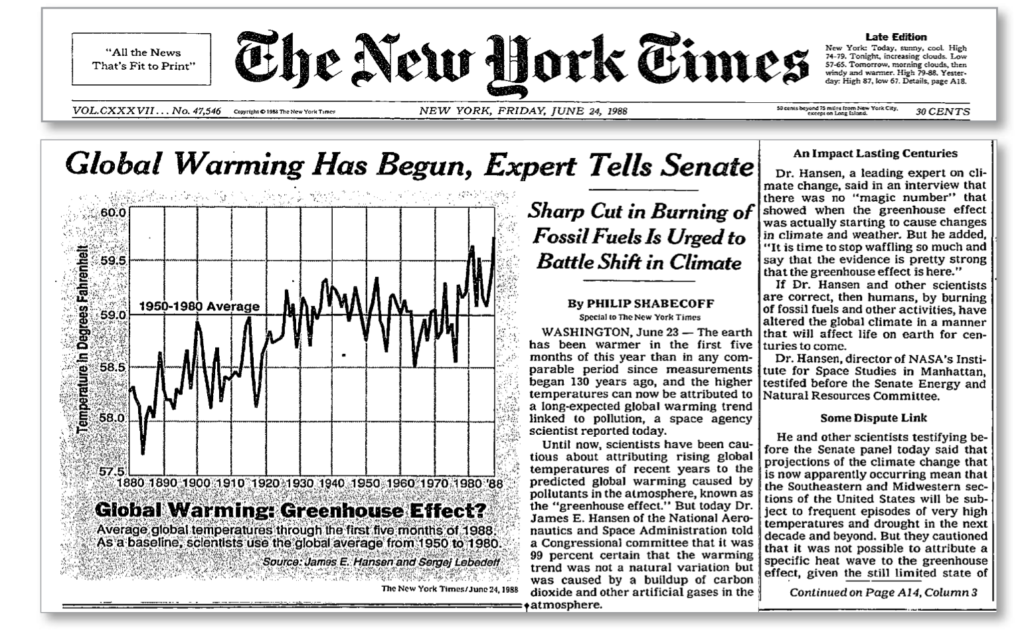Oil companies knew they were heating the world since 1960

Oil Refinery at Dawn
In the past seven decades, the world has borne witness to an unparalleled expansion of the fossil fuel sector. Petroleum corporations have assumed a pivotal role in molding our global energy terrain. Nevertheless, the specter of ecological repercussions has consistently cast its imposing shadow.
As early as the 1950s, internal archives within these conglomerates hinted at a burgeoning cognizance of the potential maleficence instigated by their commodities. These archives probed into the prolonged viability of fossil fuels and their ramifications on the biosphere.
Despite their concealed cognizance, petroleum enterprises poured substantial investments into manipulating public sentiment, seeking to minimize the perils associated with fossil fuels. They financed research that contradicted their clandestine revelations, fabricating a shroud of ambiguity around the issue of climate transformation.
Explore an extensive compilation of confidential records, laying bare the enduring climate discourse and the corporate exertions to refute the undeniable truth, at https://www.climatefiles.com. Oil companies knew they were heating the world since 1960 and that’s one the evidences.

1988 Shell Confidential Report “The Greenhouse Effect”
Here’s a translated text from the Total company (ELF at the time) of 1971.
In that year, the company’s magazine, Total Information, contained an article entitled “Atmospheric pollution and climate” (Durand-Dastès, 1971). The article stated:
“Since the 19th century, humans have been burning increasing amounts of fossil fuels. This results in the release of enormous quantities of carbon dioxide […] The overall amount of carbon dioxide present in the atmosphere, therefore, has increased significantly. […] The increase has been around 15% over the last 150 years, which is not negligible. And […] if the consumption of coal and oil keeps the same rhythm in the years to come, the concentration of carbon dioxide will reach 400 parts per million around 2010 […].
This increase in concentration is quite worrying […] carbon dioxide plays a large role in the thermal balance of the atmosphere […] air richer in carbon dioxide absorbs more radiation and heats up. It is possible, therefore, that an increase in the average temperature of the atmosphere is to be feared. The calculated orders of magnitude are obviously small (from 1—1.5 °C) but could have important impacts. Atmospheric circulation could be modified, and it is not impossible, according to some, to foresee at least a partial melting of the polar ice caps which would certainly result in significant sea level rise. The catastrophic consequences are easy to imagine.”
There are many studies about Oil Companies communications about climate and actions taken.
This one for exemple is about Exxon scientists forecast of global warning from 1977 to 2003 : https://iopscience.iop.org/article/10.1088/1748-9326/ab89d5
They were right and precise.
However, their pleas fell on deaf ears. In the realm of corporate responsibility, a consistent narrative unfolds across all organizations. Just as we can uncover evidence of their cognizance regarding the ecological repercussions of their actions, we can also plunge into a wealth of lobbying documents in both the United States and the European Union. These records illuminate a concerted endeavor to sway politicians towards embracing a more lenient and gradual stance on carbon levies and environmental obligations over time.
It is a narrative that transcends geographical boundaries and industry sectors, underscoring the profound sway wielded by corporations within the political sphere. As we peel back the layers of history, these lobbying endeavors emerge as a noteworthy subplot in the broader saga of corporate accountability. In the present day, Total Energies finds itself entangled in multiple legal battles as an increasing number of non-governmental organizations express dismay over the French conglomerate’s ceaseless quest for fresh oil reserves. However, a global movement for a non-proliferation treaty gains momentum: “Initiated in 2020, this idea now garners support from the European Parliament, the World Health Organization, approximately 70 cities including Paris, London, Lima, and Calcutta, 100 Nobel laureates, 3,000 scientists, and 1,800 civil society organizations,” reveals Alex Rafalowicz, the initiative’s director.




